Service hotline
+86 0755-23615795
Release date:2025-08-02Author source:KinghelmViews:137
Key Takeaways:
l Iran is the first Middle Eastern country to fully replace GPS with BeiDou.
l BeiDou offers Iran enhanced precision and resistance to jamming.
l The transition is part of a larger trend, with more nations eyeing BeiDou for secure navigation sovereignty.
BeiDou is no longer just a regional project—it's becoming a global force in next-generation satellite navigation.

Iran has become the first country in the Middle East to completely replace the U.S.-based GPS with China's BeiDou Satellite Navigation System, signaling a strategic realignment in both technology and geopolitics.
On June 20, the Iranian government announced it had fully shut down GPS reception across the country, activating BeiDou as its sole satellite navigation system. This move not only strengthens Iran's national security but also highlights BeiDou's expanding global reach.
Why Iran Switched to BeiDou
The transition stems from a 25-year comprehensive cooperation agreement signed with China in 2021. Under the deal, Iran gained access to BeiDou's high-precision and received technical support for full-scale implementation.
Previously, Iran's reliance on GPS left its systems vulnerable. The U.S. had the ability to degrade or disable GPS access during critical moments, posing serious risks to civilian. By adopting BeiDou, Iran has secured autonomous navigation capabilities and eliminated external control.`
According to Iranian defense officials, the switch has dramatically improved the accuracy of Iran's missile systems—now capable of striking targets within a one-meter margin of error. The range of its “Hoveyzeh” cruise missile has extended to 2,500 kilometers, putting it on par with advanced Western systems like the U.S. Tomahawk.
BeiDou's Role in Iran
During Iran's April missile strikes on Israeli targets, BeiDou-enabled guidance played a crucial role in penetrating heavily defended zones. Despite claims of high interception rates, Iranian missiles reportedly hit strategic facilities with precision. BeiDou's dual-layer satellite structure—combining global coverage with an Asia-focused layer—offered redundancy and resilience against electronic jamming from U.S.-Israeli forces.
BeiDou and National Sovereignty
At the activation ceremony, Brigadier General Amir Hajizadeh, commander of Iran's missile forces, stated:
“Navigation sovereignty is national defense sovereignty. With BeiDou, we are no longer dependent on foreign systems.”
Regional Ripple Effects and Global Implications
Iran's move to BeiDou has attracted attention from neighboring countries. Saudi Arabia, Türkiye, and others in the Persian Gulf region are reportedly exploring BeiDou cooperation as a way to reduce reliance on the U.S. GPS system and gain more control over their own navigation infrastructure.
This growing interest underscores the global rise of BeiDou as a viable and independent alternative to traditional Western navigation systems. As more countries adopt BeiDou, the balance of power in satellite technology is beginning to shift.
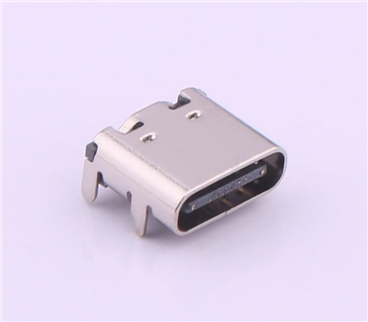
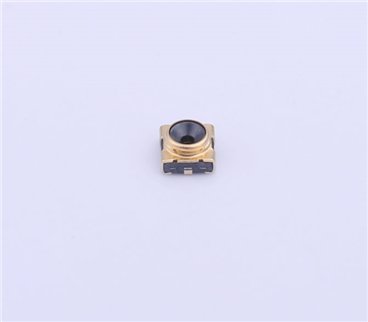
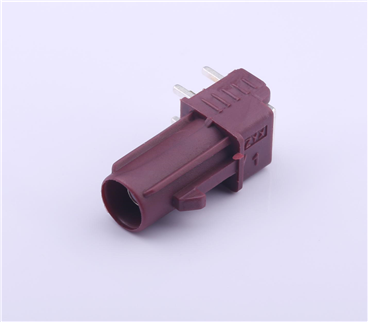



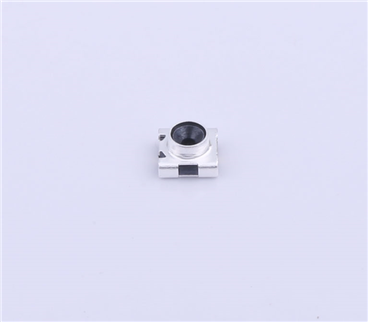
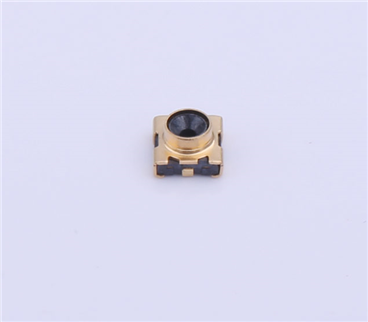
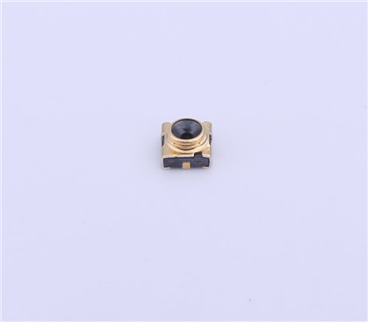
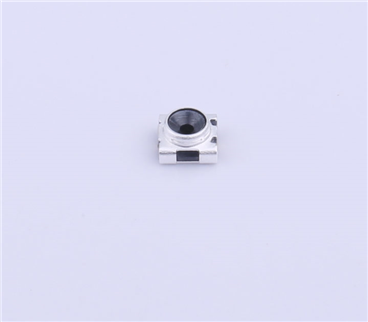
Copyright © Shenzhen Kinghelm Electronics Co., Ltd. all rights reservedYue ICP Bei No. 17113853